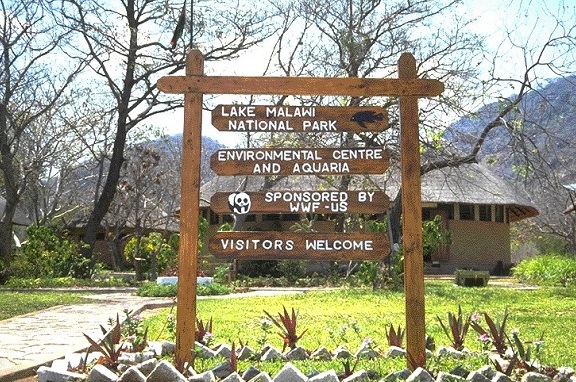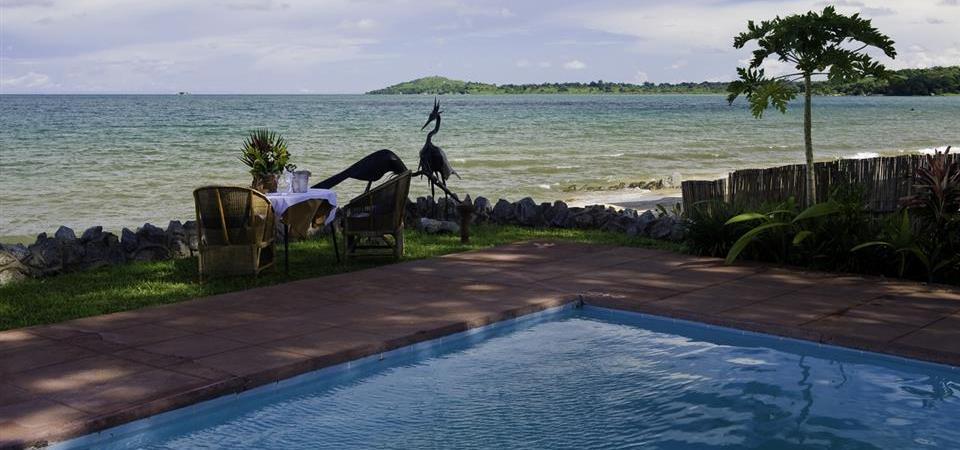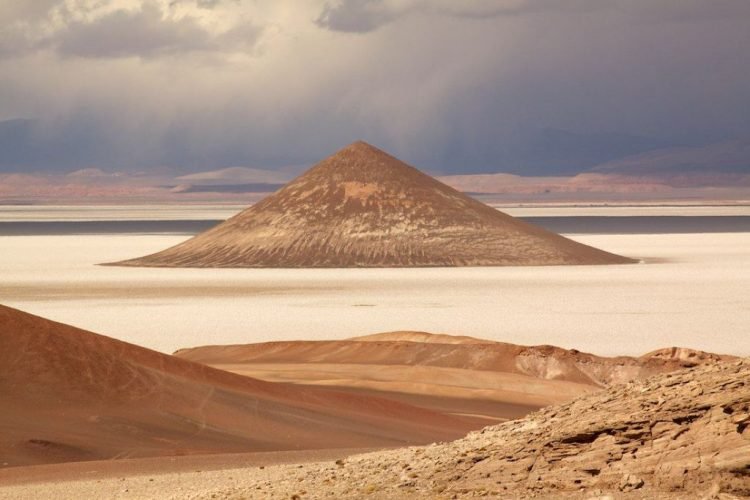Malawi, a local name to mean Flames of Fire has been nicknamed “warm heart of Africa” due to its hospitable locals and temperate weather.
The landlocked southern African country has rich history and attraction sites that make it an ideal travel destination for anyone heading down south. Face of Malawi highlights some of these attraction sites.
Lake Malawi
Located between Malawi, Mozambique and Tanzania, Lake Malawi has enjoyed its fare share of attention from visitors arriving into the Malawi from other African countries and abroad. It stands as the third largest lake in Africa and ninth biggest in the world earning a place in history books as a UNESCO World Heritage site.
![Lake Malawi. [photo/livetravelenjoy.com]](https://nomad.sleepout.com/wp-content/uploads/2014/08/Lake-Malawi-e1408022221106.jpg)
Lake Malawi is unique in its own right. Other than being shared by the three countries including an East African country, the lake is also meromictic meaning it has layers of water that do not intermix. Lake Malawi is also home to over 1,000 species of fish, 99% of which are unique to this region.
Lake Malawi National Park
![[photo/nationalturk.com]](https://nomad.sleepout.com/wp-content/uploads/2014/08/park.jpg)
Standing at the southern end of Lake Malawi, Lake Malawi National Park is the only national park in Malawi that was created to protect fish and aquatic habitats. The park also has several islands curved out by the lake and is home to baboons.
There is a large baobab tree within the park said to be over 800 years old and was a favourite spot for Dr David Livingstone who offered summons and spoke with other missionaries under it. There are also graves of five early missionaries here.
Majete Widlife Reserve
Covering an area of 691km², Majete Widlife Reserve stands as the only park in Malawi where you can see the Big Five.

The 70,00 ha park was gazetted as a game reserve in 1955 with further extensions being made in 1969 to include dry season water resources before it was further extended to include the full width of the Shire River in 1976. The reserve is crowned by tall deciduous woodland, beautiful grassy glades and occasional patches of thickets.
It has taken African Park, a body mandated with rehabilitating the reserve, 12 years and $2.5 million to return elephants to Majete after their extinction in 1992 and restock the park with big game.

Other than the lions, elephants, buffalos, rhinos and leopards, other wild animals here include zebras, impalas, bush pigs, eland, hartebeest, waterbucks and bushbucks.
Stone House Museum
Stone House Museum was originally the home of Dr Robert Laws, the founder of the mission station in 1893.
Neatly perched in a quiet location with a clear view of Lake Malawi, the house offers more insight into the history of Scottish explorer David Livingstone, Dr Law and early missionaries.
The house is filled with history of early missionaries including recordings on their way of life as well as other antiques like original magic-lantern slides, an early anaesthesia machine, an old gramophone and the cloak that Dr Laws used when he was a moderator.

Stone House Museum has a unique architectural touch to it, having borrowed the design from Scotland, home to Dr Laws, and used the readily available stone and other materials to build it.
Other materials preserved here include Dr Laws’ letters, black and white photos of early missionaries and a book on the old laws of Nyasaland.
Livingstonia
Livingstonia is a town standing in a hilly location in the northern region district of Rumphi, 270 miles north of Malawi’s capital Lilongwe.
The village was founded by missionaries from Free Church Scotland in 1894 and named after Dr David Livingstone after his death in 1873 which rekindled British support for missions in Eastern Africa.
![A large bell in Livingstonia. [photo/bedazle.com]](https://nomad.sleepout.com/wp-content/uploads/2014/08/Livingstonia-Malawi-e1408022304289.jpg)
The town is characterised by red-bricked houses synonymous with the Scottish design that Dr Robert Laws used to construct his house which is now the Stone House Museum. The town had a school built by Dr Laws that was the best in the region and produced influential people in society not just from Malawi but other African countries.





No comments! Be the first commenter?